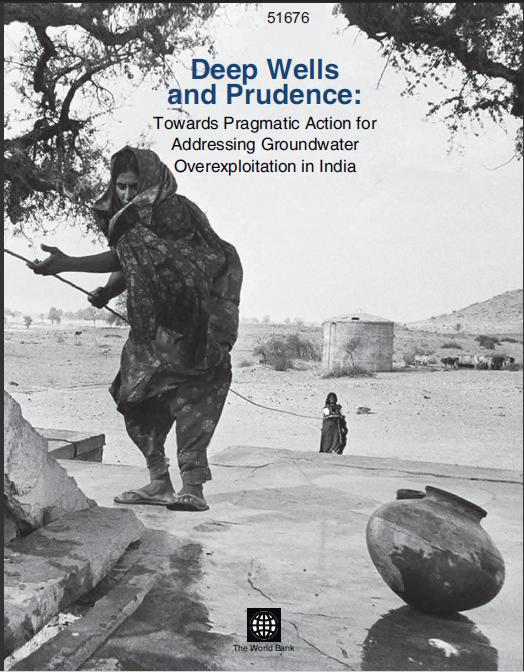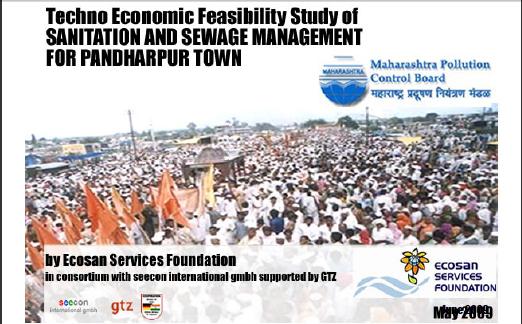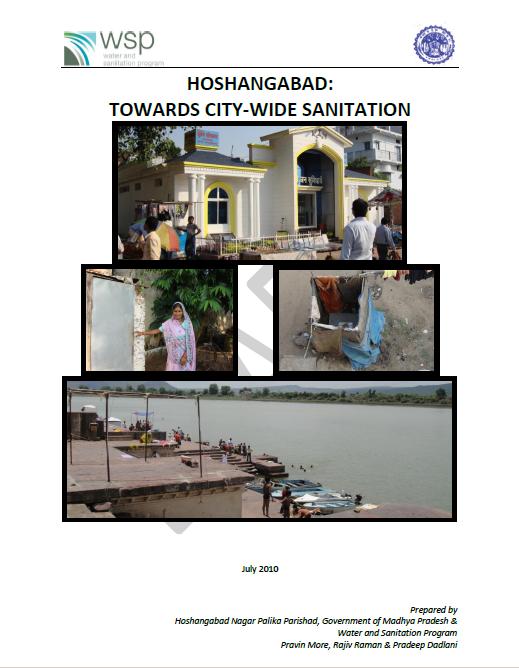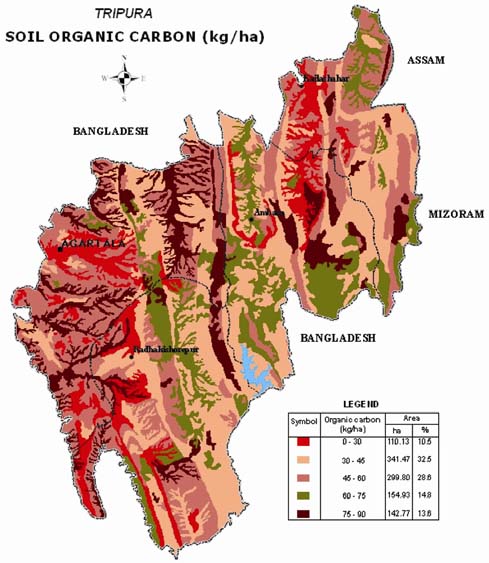/sub-categories/research-papers
Research Papers
"A rock and a hard place" and "Tackling the P problem" - Dependence of agriculture on phosphate fertiliser - Issues and the way out - Papers by Soil Association and J Venkateswarlu
Posted on 13 Apr, 2011 12:17 AMThese two reports discuss the dependency of agriculture on phosphorous and the ways to mitigate the problem.
The first report looks at agricultural dependence of chemical nutrients on a global scale and even discusses the potential international political fallout of a reduction in phosphorous. The second report is focused on ways to tackle the dependency on this mineral, in the Indian context. However, both speak of the need for finding alternatives to the current methods of obtaining phosphorous, which is largely through mining.
Deep wells and prudence - Towards pragmatic action for addressing groundwater overexploitation in India - A World Bank document (2010)
Posted on 12 Apr, 2011 01:51 AM India is the largest user of groundwater resources in the world. It is estimated that approximately 230 cubic kilometers per year is used annually, this is more than a quarter of the total world consumption from this resource.
India is the largest user of groundwater resources in the world. It is estimated that approximately 230 cubic kilometers per year is used annually, this is more than a quarter of the total world consumption from this resource.
It is in this context that this World Bank report looks at the reasons for this quantum of groundwater usage.
The report delves into socio-economic and political reasons and looks at policies which inadvertently promote so much extraction. The report also analyses various attempts to manage this resource. These attempts range from government and international agency efforts directed to grassroots mobilisations. Finally the report comes out with suggestions to deal with this crisis.
Saraswati – The ancient river lost in the desert - A paper from Current Science
Posted on 12 Apr, 2011 01:26 AMThis Current Science paper uses secondary data to discuss the disappearance of the river Saraswati. The enigma that was the disappearance of this river, which according to the author once upon a time greened Rajasthan and had nurtured civilizations on its shore, brought archaeologists, geologists, geophysicists, and climatologists to find answers. The author uses the body of work created by these scientists to solve the puzzle of the disappearance of the Saraswati.
Groundwater use in Aurangabad – A survey and analysis of social significance and policy implications for a medium-sized Indian city by GW MATE and World Bank (2008)
Posted on 12 Apr, 2011 01:17 AMAurangabad, a city in central Maharashtra is in a drought prone region, and being a rapidly urbanising town, is facing a lot of pressure on ots water resources. Besides importing water there has been an increasing trend of ground water extraction.
In this context, a survey of groundwater use was conducted as part of a World Bank study on Indian groundwater management. The study was a collaboration between GW MATE(Groundwater Management Advisory Team) and GRASP (Grass Roots Action for Social Participation), an Aurangabad-based civil society organization working on community-based natural resource management.
New policy framework for rural drinking water supply: Swajaldhara guidelines – An article by Philippe Cullet in Economic and Political Weekly
Posted on 11 Apr, 2011 07:09 PMIt examines its evolution from the 1970s onwards and focuses, in particular, on the reforms of the past decade, looking more specifically at the Swajaldhara Guidelines. These reforms are of capital importance because they seek to completely change the rural drinking water supply policy framework.
Strain on the marine aquatic environmental quality around Mumbai, owing to indiscriminate release of wastewater – Research reports from the National Institute of Oceanography
Posted on 10 Apr, 2011 07:21 PMThe first report titled “Heavy metal burden in coastal marine sediments of north west coast of India in relation to pollution” by M A Rokade, University of Mumbai uses the data on contaminants including metals in seawater, marine sediments and biota for the Mumbai- Bassein region, a high
Techno-economic feasibility study of sanitation and sewage management for Pandharpur town, Maharashtra - Ecosan Services Foundation (2009)
Posted on 10 Apr, 2011 02:15 AM This study provides interventions to solving the sanitation crisis in the holy town of Pandharpur, situated on the banks of the Chandrabagha/Bhima river, in the state of Maharashtra, which receives more than 1.5 crore devotees annually. On any given day there are approximately 20,000 pilgrims in this Class B town. This vast floating population creates massive sanitation problems leading to environmental and hygiene issues. The study forms part of the Maharashtra State Pollution Control Board's 'Environmental Improvement Programme at Religious Places in Maharashtra' project.
This study provides interventions to solving the sanitation crisis in the holy town of Pandharpur, situated on the banks of the Chandrabagha/Bhima river, in the state of Maharashtra, which receives more than 1.5 crore devotees annually. On any given day there are approximately 20,000 pilgrims in this Class B town. This vast floating population creates massive sanitation problems leading to environmental and hygiene issues. The study forms part of the Maharashtra State Pollution Control Board's 'Environmental Improvement Programme at Religious Places in Maharashtra' project.
Hoshangabad - Towards city wide sanitation - A draft report by Hoshangabad Nagar Palika Parishad and WSP
Posted on 10 Apr, 2011 01:57 AM  This proposal prepared by Hoshangabad Nagar Palika Parishad, Government of Madhya Pradesh and Water and Sanitation Programme South Asia, is meant to ensure that every household in this town adopts safe sanitation practices and is to help enable the urban local body, implement a city wide sanitation programme that finally ensures collection and treatment of waste.
This proposal prepared by Hoshangabad Nagar Palika Parishad, Government of Madhya Pradesh and Water and Sanitation Programme South Asia, is meant to ensure that every household in this town adopts safe sanitation practices and is to help enable the urban local body, implement a city wide sanitation programme that finally ensures collection and treatment of waste.
This document is the tenth mile stone in the process of achieving the goal of city-wide sanitation for Hoshangabad.
Soil information system for resource management in Tripura – A paper in Current Science
Posted on 30 Mar, 2011 09:03 AM In view of the global changing scenario the need of the hour is to produce a fresh group of earth scientists with specialization in soil and crop science, geology and geography with appreciable knowledge in GIS and other i
In view of the global changing scenario the need of the hour is to produce a fresh group of earth scientists with specialization in soil and crop science, geology and geography with appreciable knowledge in GIS and other i
High fluoride incidence in groundwater and its potential health effects in parts of Raigarh district of Chhattisgarh – A paper in Current Science
Posted on 21 Mar, 2011 06:45 AMFluoride (F) is harmful to human health and knowledge of spatiotemporal distribution of F content in groundwater is thus a prerequisite for taking preventive measures.